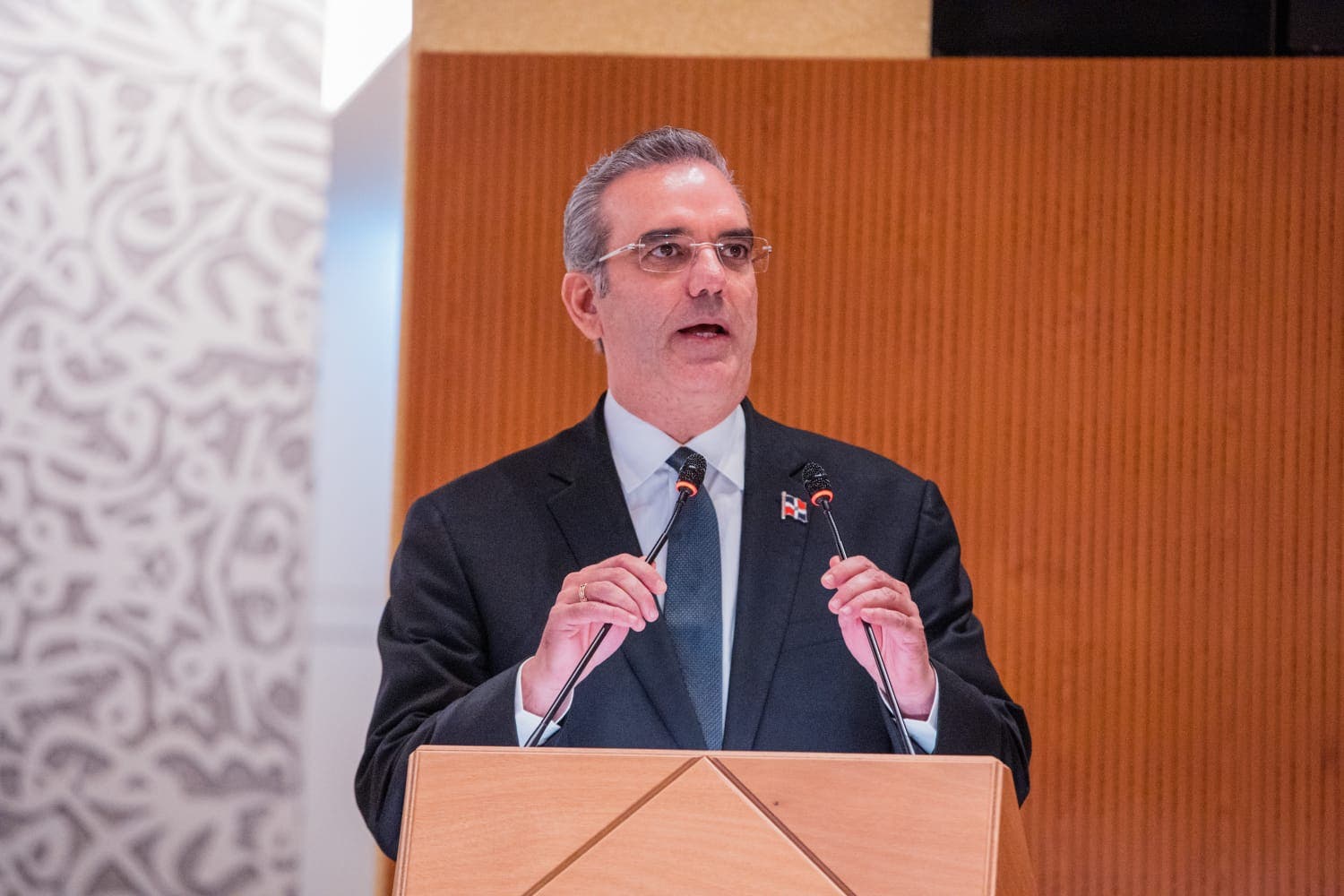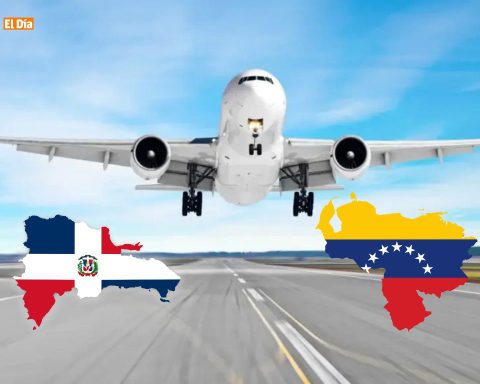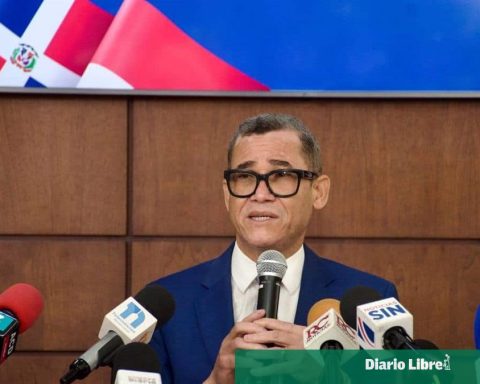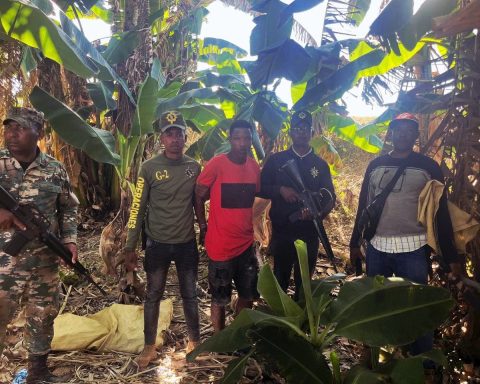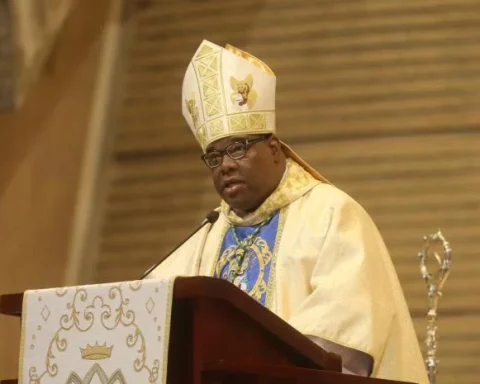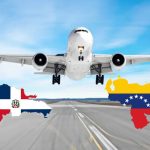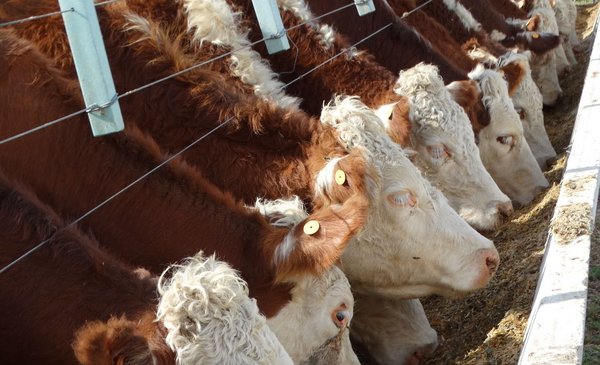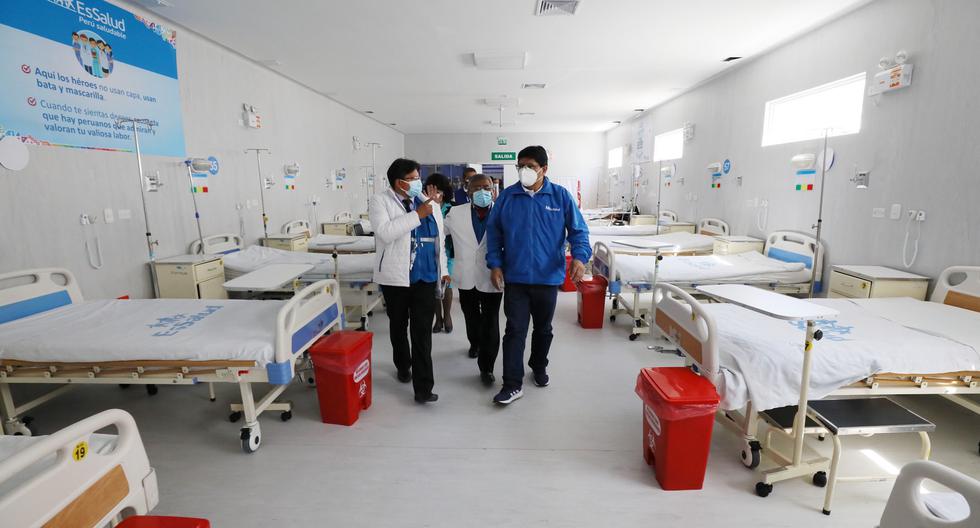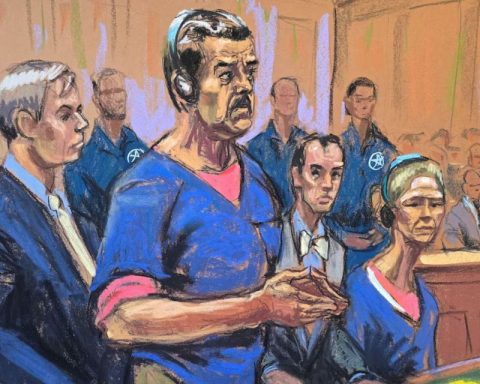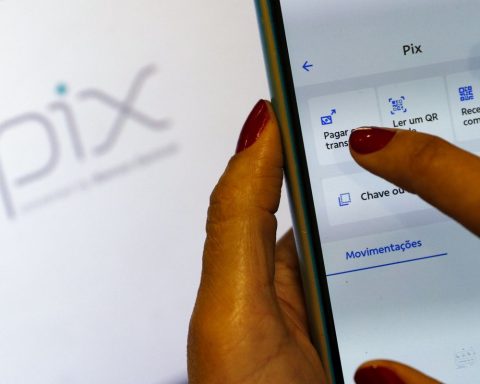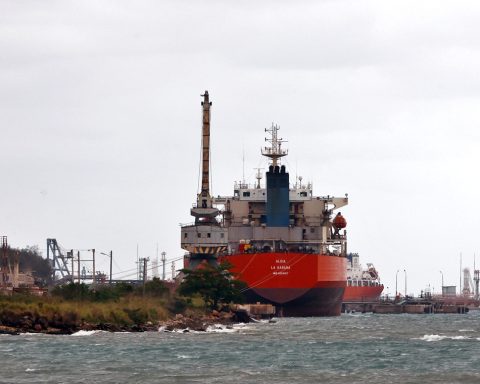GENEVA, Switzerland.- President Luis Abinader presented at the 75th World Health Assembly, which is being held here, the good practices adopted by his Government in handling COVID-19 to open the Dominican Republic to the world, with some of the lowest fatalities on the planet.
The results, he emphasized, are not the result of chance or destiny, but of a rigorous policy, planned and adapted to each moment and health professionals whom he will eternally thank for their work.
The Dominican ruler addressed the WHO Director General, Tedros Adhanom Ghebreyesus, in the assembly, whom he valued for his leadership and the team, in their efforts in this time of difficulties; as well as heads of state of the member countries of the organization and ministers.
“During this pandemic, so far, we have registered 581,044 infections, with 576,006 recovered and 4,377 deceased,” the president reported.
He reported that to date they have administered more than 15 million vaccines nationwide, guaranteeing the two-dose vaccination scheme in almost 6 million people out of an initial target population of 7.8 million.
In addition, to have 4 doses of vaccines per person guaranteed for the entire population.
He attributed the achievements to the responsible behavior of citizens by attending in a civic manner to receive their doses according to the established vaccination plan, a house-to-house vaccination strategy and the massive deployment of vaccination posts, equivalent to 1 for every 5,000 persons.
Abinader stated that the application of the third dose, in which the country was a pioneer, allowed the levels of antibodies to increase 40 times more in the population that received it.
This measure, he indicated, contributed to mitigating the impact of the Delta variant during the months of July-September 2021, reducing the number of infections, hospitalizations and deaths compared to previous outbreaks caused by the Ancestral, Beta and Gamma variants.
The head of state recalled that the process was accompanied by a rigorous clinical study, published in an article in the prestigious journal Nature last January, which was awarded by the International Vaccine Society for the number of times it served as a reference for vaccine studies. other countries.
Another measure was to strengthen the National Laboratory, guaranteeing the entire population that needed it, access to perform PCR tests with delivery of results in less than 48 hours.
The Dominican Republic is also among the first countries in Latin America to implement vaccination against COVID in children.
“We have learned that agility in decision-making has been decisive in winning some of the battles in this health war,” he stressed.
He insisted that the Dominican Republic took a decisive step to carry out interventions in vaccination, administration of innovative and rapid medications, hospitalization based on local knowledge of its doctors and previous research.
“We went ahead in expanding the vaccination scheme, applying the third dose. A transcendental decision that has undoubtedly been fundamental in not having exceeded a total lethality of 0.75, one of the lowest in the world”, he pointed out.
High paced recovery
President Abinader showed that the good management of the health emergency has allowed the economy to recover at a very high rate.
He gave as an example that the World Tourism Organization recently recognized the Dominican Republic as the first country in the world to achieve the full recovery of tourism after the pandemic.
Likewise, it was declared a country in category 1 at risk of COVID-19 by the United States Center for Disease Control (CDC).
Health in the midst of war
“When the pandemic caused by COVID-19 still persists, and now that a horrible act of war is disrupting world peace, we celebrate that this assembly is taking place under the initiative that the Secretary General has baptized Peace for Health and Health for Peace”.
He called for continuing to multiply efforts in favor of universal solutions.
To ensure a sustainable and lasting peace, he estimated, it is necessary to guarantee universal access to health, and this includes ensuring equitable access, particularly for the most needy countries, to vaccines and health technologies, through the creation of a fund to deal with future crises.
He considered that after two years of the pandemic that has put humanity and all institutions to the test, this meeting constitutes a historic opportunity to strengthen the universal architecture of health security.
Abinader pointed out that the victims charged by this disease number in the millions, they no longer have an identity, and they become a statistic. However, he added, the stories of human loss are something that should not be lost sight of.
A more humane world
“Each death counts, each life lost is an unfinished human project that fills us with sorrow and humility at the same time and that should move us towards a more humane, conscious, and egalitarian world in which we have more dignified health services and in that we are prepared for any health crisis,” Abinader proclaimed.
He noted that now, and with almost all restrictions relaxed, the battle is won by the idea that the risks have passed.
“It is not like that, as this organization rightly says, we must remain vigilant, taking care of ourselves and keeping our guard up in a changing and constantly adapting world,” he warned.
He believed that the lessons of the pandemic open the opportunity for a new international pact in favor of global health governance.
A governance, he explained, that must be based on solidarity, both in the dissemination of knowledge, technologies and the most appropriate public policies for the management of health risks and threats.
Likewise, equitable access to currently available therapeutic solutions and vaccines.
He said he understood that in the context of the tragedy that shook nations, governments were forced to prioritize their populations and guarantee them immediate access to the most effective solution available: vaccines.
But in this Assembly, he proposed, we must review the criteria of solidarity and commit ourselves to the global right to health of all citizens of the world, regardless of their place of residence.
“It is necessary to reevaluate the criteria and mechanisms from which developing countries have access to essential supplies, so that they can continue to advance in the eradication of the pandemic and control its impact at the domestic level,” pointed.
He stressed that the Dominican Republic, convinced of this reality and despite its limited resources, decided to donate vaccines to other countries in the region, always motivated by the solidarity that characterizes all Dominicans.
He raised the importance of the socialization of knowledge, research and efforts to innovate strategies, produce technology and develop new therapeutic molecules to fight COVID-19.
He guaranteed that the Dominican Republic assumes its commitment as a member state of this WHO, to work, together with it, for a healthier, fairer world with equal hopes for all.
